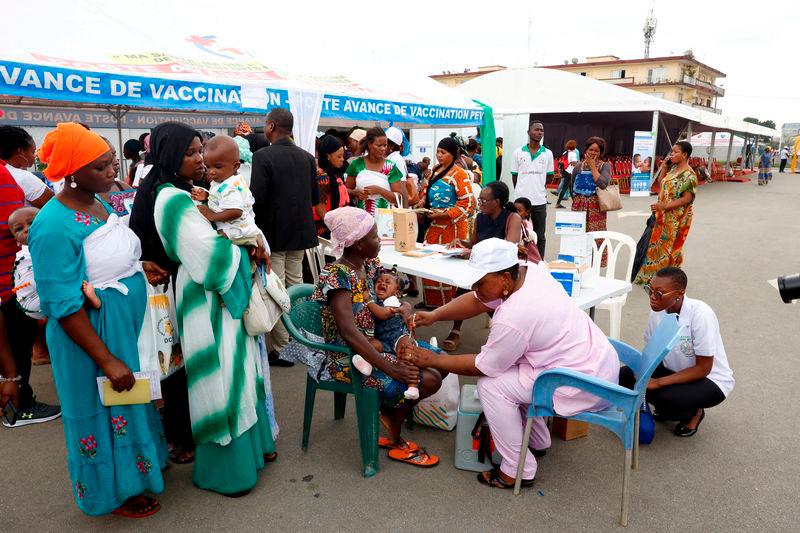The World Health Organization (WHO) estimates that around 2.2 billion cases of malaria have been prevented since the year 2000 through risk education, use of mosquito nets and vaccinations.
In a report published in Geneva on Wednesday, WHO said in the process around 12.7 million deaths have been averted.
Seventeen countries now routinely vaccinate young children against malaria.
According to WHO estimates, this could save tens of thousands of deaths each year.
Malaria is the most common tropical disease.
The parasite is transmitted by anopheles mosquitoes, which bite mainly in the evening and at night.
The disease causes high fever and aching limbs and can be treated with medication.
According to estimates, a total of 597,000 people died of malaria in 2023, the report said.
The WHO said there was a slight decline in fatalities, but there were four per cent more infections, totalling 263 million.
According to the report, around 95 per cent of deaths occurred in African countries.
The WHO said, too many people still have no means of preventing infections or of getting them diagnosed and treated, adding that small children are particularly affected.
The WHO announced that the infectious disease has now been eradicated in 44 countries and the French Indian Ocean territory of La Réunion.
Of the 83 countries where it still occurs, 25 now have fewer than 10 cases per year and in Africa, the mortality rate has been reduced by 16 per cent since 2015. (dpa/NAN)





